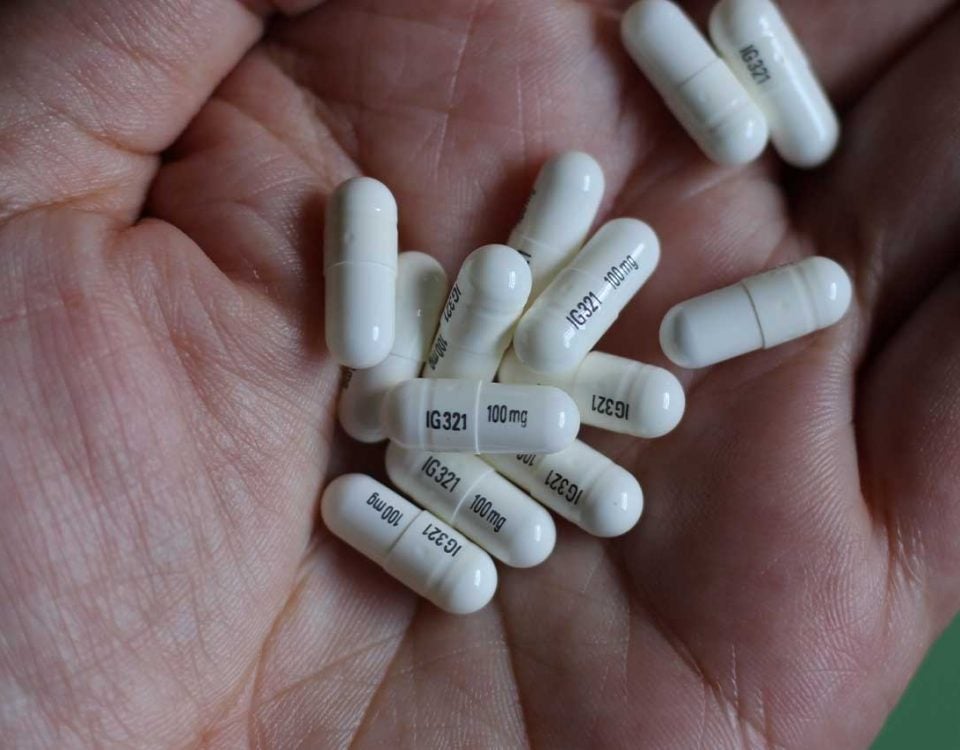Heroin is a synthetic opioid made of morphine, another drug derived from the opioid poppy plant.
Although once prescribed to treat pain, heroin was outlawed in the 20th century due to its high potential for abuse and adverse side effects. Today, heroin is still illegal and is categorized as a Schedule I drug according to the Drug Enforcement Administration (DEA) and the Controlled Substances Act (CSA). As a drug rehab in Texas, we know that this drug can affect the body in numerous ways. But how does heroin affect the brain?
Heroin Effects on the Brain
To understand how heroin affects the brain, you must first understand its mechanism of action. Like other opioids, heroin produces a euphoric high that results from its manipulation of the opioid system in the brain. Whether injected, snorted, or smoked, heroin works by binding to receptors in the brain called mu-opioid receptors (MORs). Our bodies contain naturally occurring chemicals called neurotransmitters that carry messages from one nerve to the other. Most addictive drugs activate the release of dopamine to produce a high. When heroin binds to these receptors, it activates hormone release, regulates pain, and provides feelings of well-being.
The euphoric effects heroin has on the brain are the result of hormone release. Once heroin enters the brain, it’s converted into morphine. When MORs are activated in the brain's reward center, they stimulate the release of the neurotransmitter dopamine, which contributes to euphoria and feelings of pleasure and reinforces drug use.
The immediate effects of heroin usually include:
- Euphoria
- Flushed skin
- Dry mouth
- Heavy feeling in the extremities
- Sedation
- Drowsiness
- Nausea and vomiting
- Severe itching
Users commonly experience a “rush” or surge of pleasure immediately after ingesting this drug. Depending on how it’s used, a heroin high can last anywhere between 4 and 5 hours. When it’s injected, the high can begin within 20 seconds, peak after about 2 hours, and can last for up to 4 hours. When heroin is smoked or snorted, the high can begin within about 10 minutes and can last anywhere between 4 and 5 hours. A heroin high is also characterized by going on the nod, which refers to slipping in and out of consciousness and semi-consciousness.
Heroin’s side effects on the brain are intense and addictive. Because this drug activates the release of dopamine and alleviates pain, the pleasure felt during a high encourages further drug use and behavior. How heroin affects the brain also makes it a difficult and dangerous drug to recover from without help. People who do not get professional help often experience opioid overdoses and need to be rushed to the hospital to prevent death. If you’re in this situation or know someone who is, the heroin detox treatment at Banyan Texas can help.
Long-Term Effects of Heroin Use on the Brain
So, what does heroin do to the brain in the long run? People who use heroin for a long time eventually become addicted to it. Heroin’s effects on the reward system in the brain make it a highly addictive drug, and therefore difficult to recover from without heroin treatment. Additionally, other health complications are linked to heroin addiction and the brain.
Some common long-term effects of heroin abuse include:
- Dependence and addiction
- Collapsed veins (in people who inject it)
- Blood clots at the injection site
- Lung infections like pneumonia or tuberculosis
- Stroke
- Overdose
- Liver and kidney damage
- Increased risk of contracting infections like HIV or hepatitis from sharing needles
Repeated heroin use changes the physical structure and physiology of the brain, resulting in long-term chemical imbalances and impaired functioning of hormonal systems. Long-time heroin use can also deteriorate white matter in the brain, which is in charge of decision-making, regulating behavior, coordination, motor movement, and responding to stressful situations. Heroin also produces tolerance and physical dependence. Tolerance occurs when a person’s body is so accustomed to drugs that they have to take higher doses to experience the same high or side effects. Physical dependence is when a person’s body is hooked on a drug to the point where they’ll experience withdrawal symptoms when they stop using.
Getting into treatment is easy with our free insurance verification
"*" indicates required fields
The long-term use of heroin usually results in heroin addiction, which is a chronic and progressive brain disease characterized by the uncontrollable use of heroin. Although addiction isn’t curable, it is treatable. If you or someone you know is dependent on drugs or alcohol, Banyan Treatment Centers Texas can help. Call our team now at 888-280-4763 to learn more about our inpatient drug treatment.
Related Readings:








